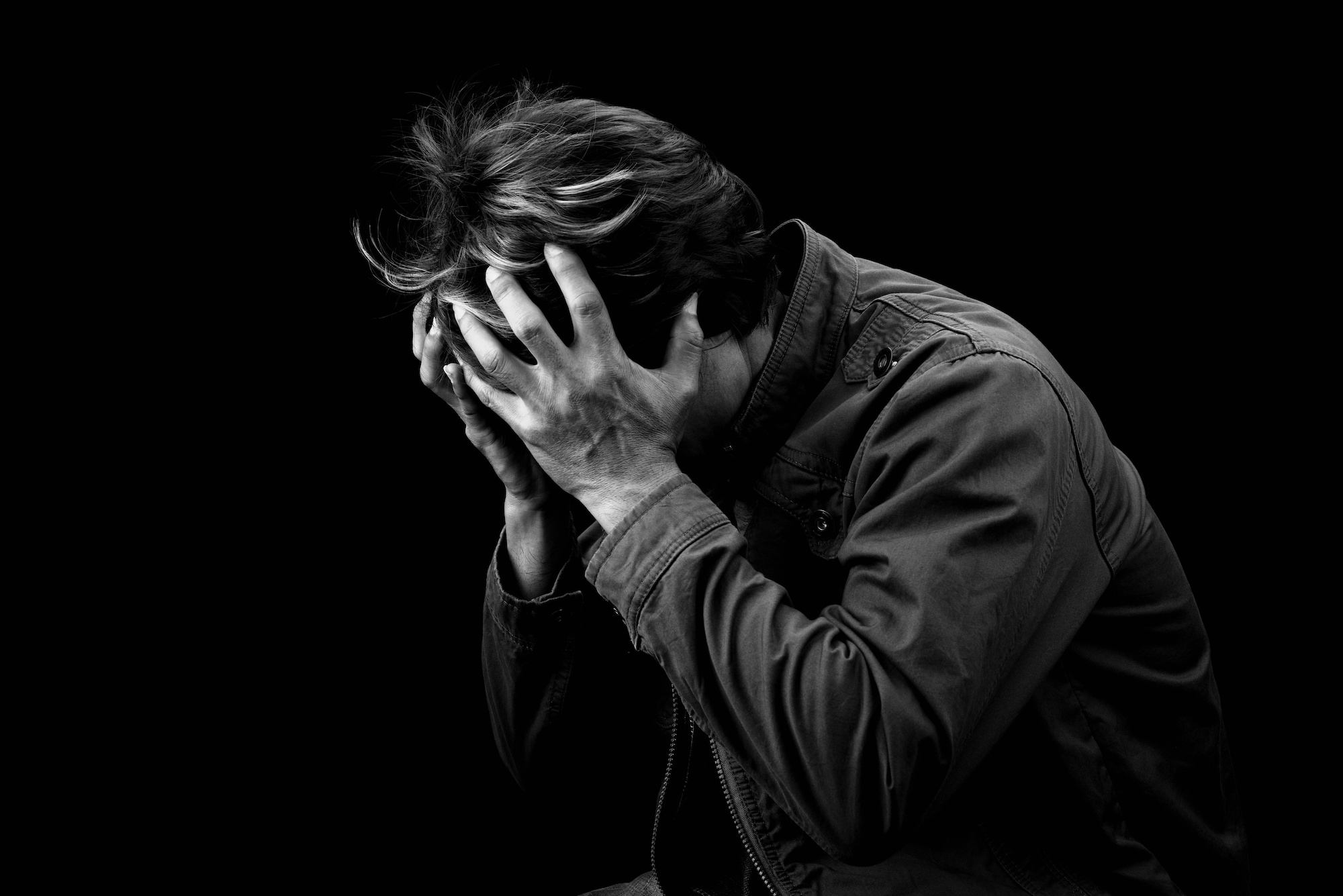A new report in the British Psychological Society claims that depression is one of the best set of experiences instead of being a disease. Scientists are emphasising the role of the Automatic Nervous System claiming that depression is often a redressal mechanism by the body.
Depression is one of the most pressing issues of our times. In this self-centric world full of pretentious hustle-bustle, some of us are often alone from deep inside as we fail to share and communicate our feelings with our fellow human beings. While we are no expert in tackling the grave concern of depression amongst people, we often witness the fatal consequences of it.
Last year, India was left shocked when one of its beloved actors – Sushant Singh Rajput committed suicide in his flat in Mumbai. Various revelations post his death claimed that he was taking therapy to alleviate anxiety and depression. While as a society we have drastically failed to allay the concerns of those suffering from depression. It was even believed that we have also not shown concreted efforts to offer such people a healing touch.
It’s been ages that we have been considering depression as an illness, but various reports and studies that have come up recently are indeed providing some contradictory propositions against this popular claim. Many biological anthropologists are arguing that depression is certainly a defense mechanism by the body to fight adversity rather than being a mental disorder.
A new report in the British Psychological Society claims that depression is best thought of experience or set of experiences instead of being a disease. Scientists are emphasising the role of the Automatic Nervous System claiming that depression is often a redressal mechanism by the body. Earlier it was perceived that distorted thinking with negative thoughts leads to depression but now the Polyvagal Theory claims that depression is a consequence of detection of danger in the body and hence body evokes such responses for the purpose of survival.
Further, the study suggests that our ANS makes us feel like ourselves and gives us a sense of well-being when it feels safe also encompassing our outer environment. If our nervous system feels any kind of threat that it feels has to be fought – then it starts the inner mechanism for that – which we often feel like anxiety.
In case this threat or any kind of danger pertaining to the effect of mental health persists for a longer period of time and our nervous system feels that there is no other way to deal with it – then it resorts to immobilisation. Such responses are often witnessed in animals. During immobilisation, metabolism rate comes down to abysmal levels making one feel sluggish and numb.
Moreover, immobilisation makes one feel really disconnected from pain and agony while slowing down metabolism rate and switching the body to ketosis, which according to some biologists helps the body to heal from the pain. Therefore, during terrible and devastating events people often feel ‘out of body’ as if they tend to lose a sense of well-being.
The report also highlights that immobilisation might be good for a short amount of time but if adverse events continue for a longer period of time, immobilisation can also severely affect the brain’s ability to perform various functions and activities. This leads to depression, where people start feeling hopeless and helpless.
Conclusively, it’s time we start giving strenth and courage to people suffering from depression. Therefore, the need of the hour lies in extending a sense of well-being to such people and stop treating them any different than anyone else.

